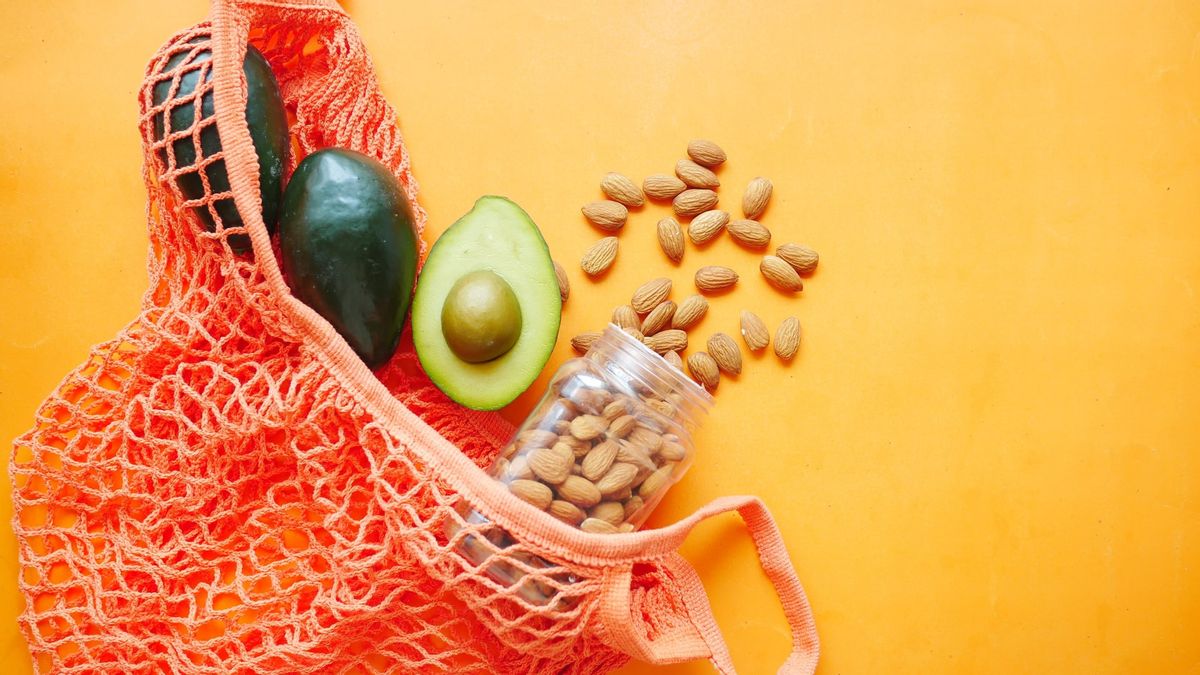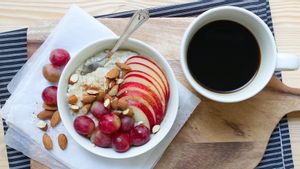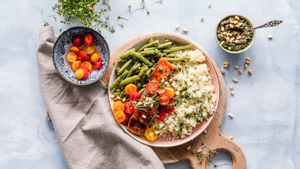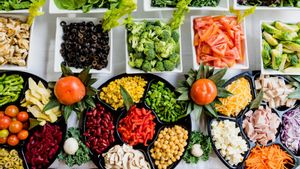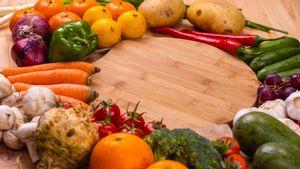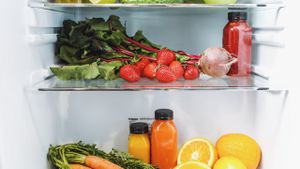JAKARTA – There are so many diet rules that can be chosen for certain purposes, such as maintaining health to losing weight. In the world of health, it turns out that there is controversy between one type of diet and another.
One type of diet that is known is clean eating. Clean eating is a 'clean' diet and diet for daily nutritional intake. However, it is not only clean in the sense of being cleaned or washed before being processed and consumed.
Diet clean eating is understood in more depth, namely by considering how the food ingredients are grown, how they are processed, what are the beneficial ingredients, and then they are ready to eat.
Many believe this clean diet concept promises benefits such as weight loss, glowing skin, and increased energy. As reported by Medical News Today, Thursday, January 20, the rule of clean eating involves choosing natural foods that are dense in nutrients and avoiding processed foods.
The word 'clean' approach also leads to a healthy lifestyle and overall weight management. But as it turns out, some readings of 'clean' eating can lead to unhealthy consequences.

A study published in the journal Nutrients examined perceptions of clean food. Researchers involved several samples, namely adults and adolescents in the United States. Some of those who took the survey interpreted clean foods as whole, unprocessed foods, including raw, natural, and unflavored foods.
Of the 70.8 percent identify clean food as healthy food. But 18 percent of them identified not only beneficial but also harmful elements. The dangers of a clean eating diet cause irregular eating patterns.
Another study reported astonishing findings. This study report published in the journal Nutrients and involved 762 Australian women with an age range of 17-55 years. The findings, dietary restrictions by following dietary advice from the site indicate an obsessive eating pattern.
But other studies report otherwise. Research published in the Journal of Eating Disorder found that clean food was viewed favorably by US-based college students. Even a clean eating diet is associated with emotional distress.
SEE ALSO:
Food for a clean eating menu includes nutrient-dense foods, such as whole grains, fruits, vegetables, nuts, and healthy proteins that are good for the body. To reduce the risk of risky dietary restrictions, a nutritious adult diet recommended in the 2020-2025 Dietary Guidelines for Americans includes the following:
Fruits Whole grains, at least half of which are whole grains Low-fat milk and cheese Protein foods, including lean meats, poultry, eggs, seafood, nuts, seeds, soy products, legumes, and nuts lentils Vegetable oil Limit added sugar, saturated fat, sodium, and alcoholic beverages
To make sure, which diet is suitable for health, one needs to evaluate the effect during the diet because it will vary in each dieter's condition.
The English, Chinese, Japanese, Arabic, and French versions are automatically generated by the AI. So there may still be inaccuracies in translating, please always see Indonesian as our main language. (system supported by DigitalSiber.id)
